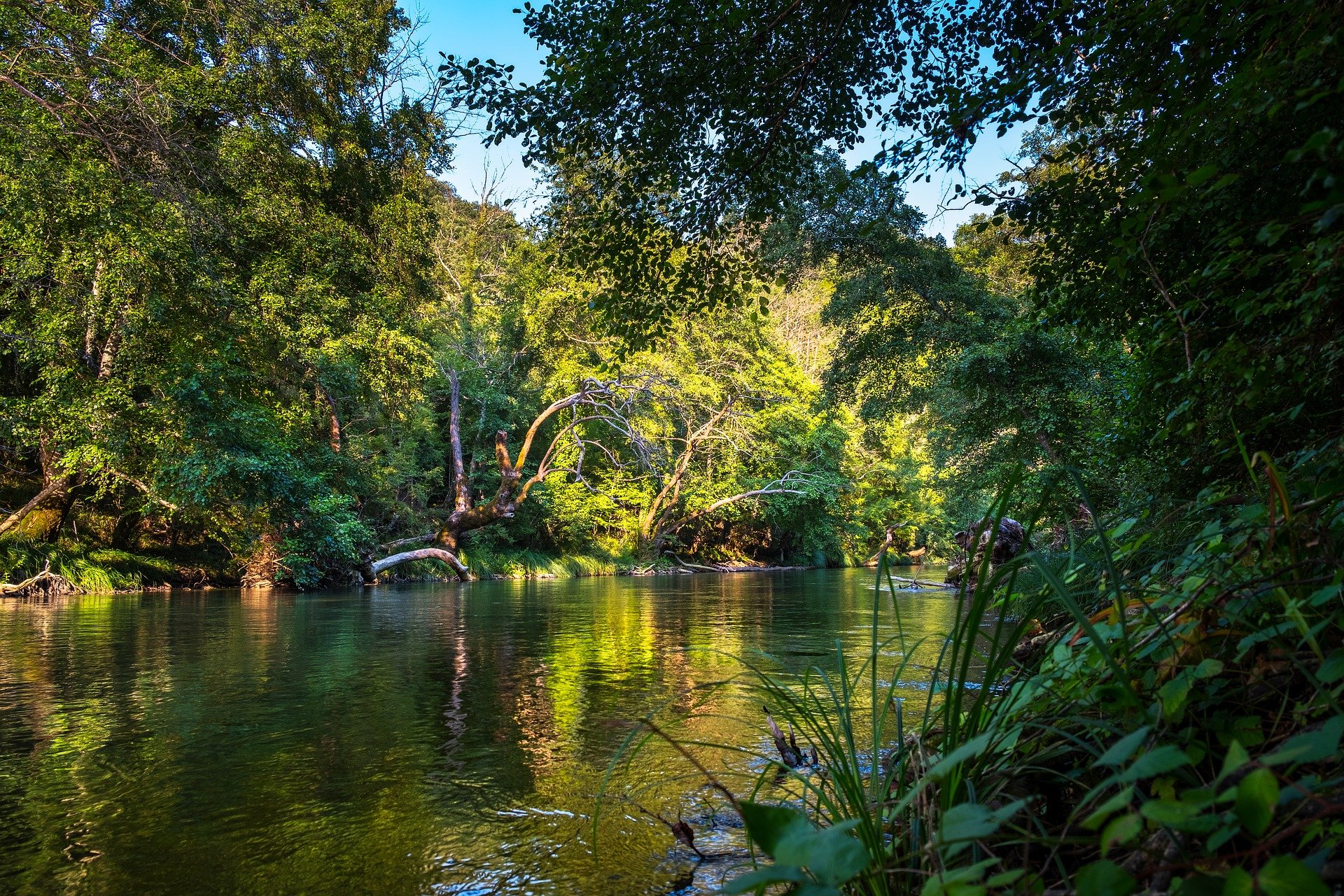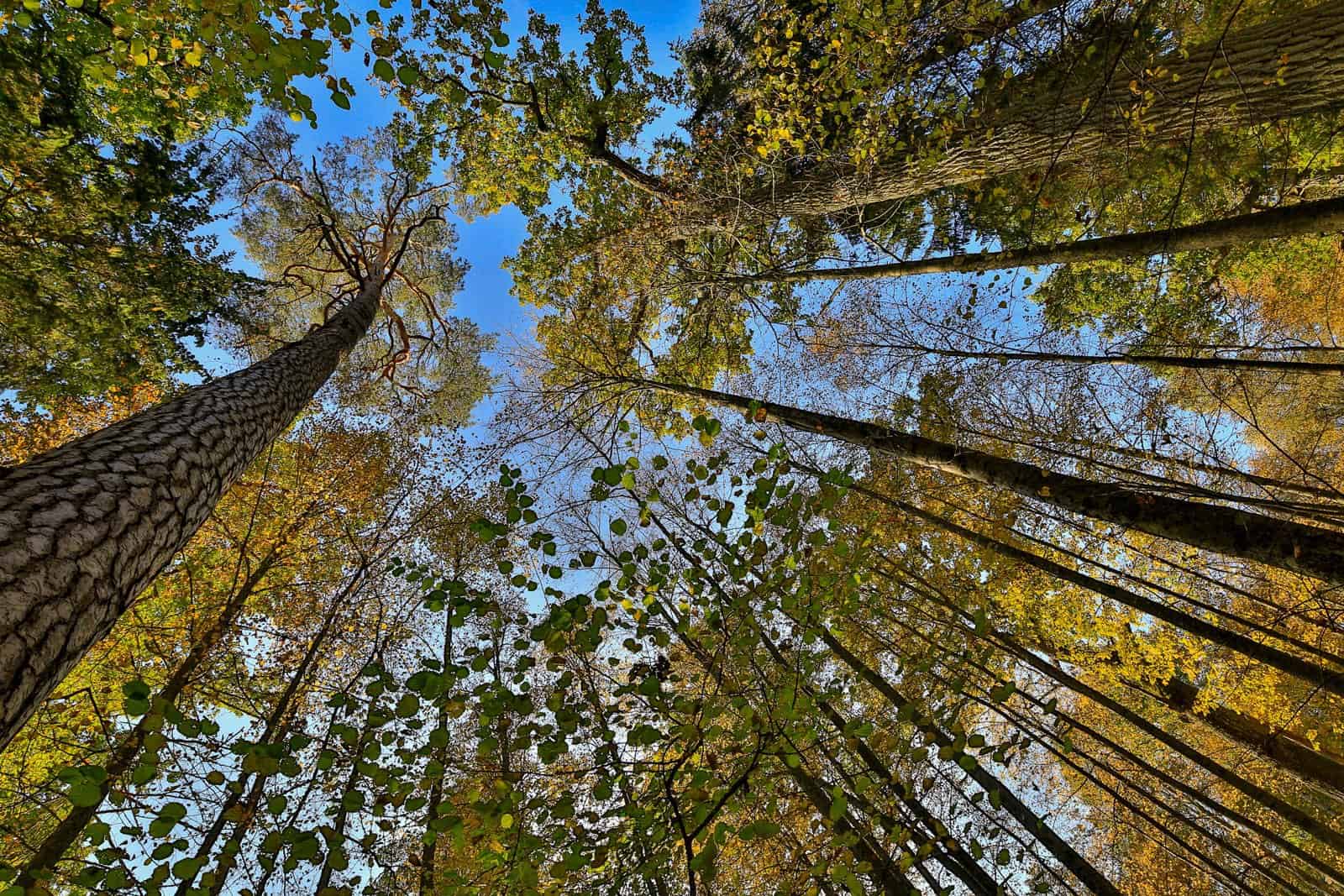Bill threatens biodiverse national park in Brazil
Now more than ever, the threat of climate change requires countries to protect carbon-sequestering landscapes such as the Amazon rainforest. Thanks to continuing deforestation however, as of 2021 the “Lungs of the Earth” emit more greenhouse gases than they absorb. Forest destruction is also devastating the habitats of thousands of unique species. Now, a pending bill in Brazil is putting one of the most unspoilt areas of the Amazon in danger.
Hotbed of biodiversity in national park
Located in Acre, western Brazil, Serra do Divisor National Park is a large protected area linking the Amazon and Andes. Although little studied, we know it contains ten forest types and rich animal biodiversity, with a vast array of bird and amphibian species noted in the last count. The area also harbours various indigenous cultures, and rainforest inhabitants have traditionally tapped rubber here for generations. Furthermore, the forest is relatively untouched, so it stores a significant amount of carbon. Brazil is putting the park’s environmental capacity to the test however…
Downsizing and downgrading protected areas
This bill, first proposed by Jair Bolsonaro’s government in 2019 and recently highlighted in a Nature correspondence, will alter both the quantity and quality of the park’s environmental protection capacity. Firstly, it would shrink the Chico Mendes Extractive Reserve, which allows locals to harvest natural resources sustainably, by 8,000 hectares. Furthermore, the bill will downgrade the park’s legal status from a national park (IUCN protected area category II) to an environmental protection area (IUCN protected area category V). This will shift the focus from preserving an ecosystem for the benefit of its ecology, to protecting biodiversity for the benefit of humans. Indeed, the government is already planning to build a large road linking Brazil and Peru straight through the park, apparently to boost exports of rainforest resources such as timber.
With all the talk of the bill benefiting humans, it will most certainly do the opposite. Indigenous communities will likely lose land and access to resources on which they depend. People living on the other side of the world will also suffer the consequences, as the deforestation initiated by this legislation will release millions of tons of carbon into the atmosphere. The Brazilian government needs to recognise that whatever economic incentive this bill provides is irrelevant. A boost to trade, however large, cannot compensate the loss of such a rich ecosystem and the carbon it stores.









